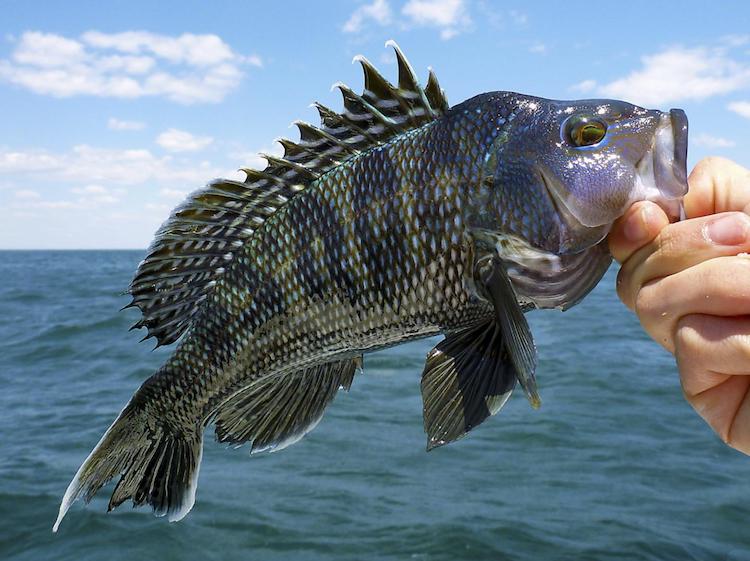
Climate change has had a significant impact on critical fisheries worldwide and overfishing has made the problem even worse, according to a new study published in the journal Science (citation below).
Fisheries are geographic areas associated with a population of certain aquatic organisms that are harvested for their commercial or recreational value. The fishing industry relies heavily on fisheries.
Climate change is changing the habitats for marine fishes and invertebrates, however, the net effect of these changes on potential food production has not been clear. Researchers at Rutgers used temperature-dependent population models to look at the impact of warming on the productivity of 235 populations of 124 species across 38 different ecoregions.
According to the study, there was 4.1% decline between 1930 and 2010 in the global productivity of marine fisheries. Some of the largest fish-producing ecoregions, including the North Sea and East China Sea, experienced losses of up to 35%.
The team were able to quantify the effect of warming and overfishing by combining data on ocean temperature data over the past eight decades with global data on fisheries to estimate temperature-driven changes in the sustainable catch between 1930 and 2010.
“We recommend that fisheries managers eliminate overfishing, rebuild fisheries and account for climate change in fisheries management decisions,” said Chris Free, who led the research while earning a doctorate at Rutgers and is now a post-doctoral scientist at the University of California, Santa Barbara. “Policymakers can prepare for regional disparities in fish catches by establishing trade agreements and partnerships to share seafood between winning and losing regions.”
“We were stunned to find that fisheries around the world have already responded to ocean warming,” said Malin Pinsky, study co-author and associate professor in Rutgers’ Department of Ecology, Evolution, and Natural Resources. “These aren’t hypothetical changes sometime in the future.”
Some fish populations benefited from higher ocean temperatures, however, many of these species are expected to start declining as ocean temperatures continue to rise.
“Fish populations can only tolerate so much warming, though,” said senior author, Olaf Jensen, an associate professor in Rutgers’ Department of Marine and Coastal Sciences. “Many of the species that have benefited from warming so far are likely to start declining as temperatures continue to rise.”
“Something I think is unique about this study is that we quantified effects that have already occurred to fisheries, rather than forecasting the future, which is much more fraught with uncertainty,” said co-author Kiva Oken, a former postdoctoral scholar at Rutgers who is now a scientist at the University of Washington.
Citation "Impacts of historical warming on marine fisheries production" By Christopher M. Free, James T. Thorson, Malin L. Pinsky, Kiva L. Oken, John Wiedenmann and Olaf P. Jensen. Science 01 Mar 2019: Vol. 363, Issue 6430, pp. 979-983 DOI: 10.1126/science.aau1758
